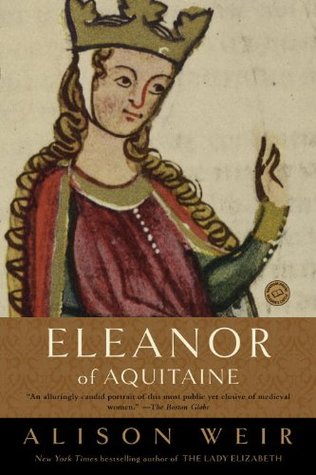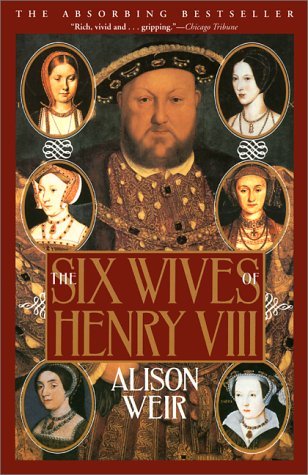
Eleanor of Aquitaine: A Life
Book Description
A queen forged in the fires of ambition, Eleanor of Aquitaine defied the limits of her time. With power struggles echoing through the courts of medieval Europe, she navigated a treacherous landscape filled with betrayal, love, and relentless ambition. From her tumultuous marriage to the bold Henry II to her fierce resistance against their sons, Eleanor's life is a tapestry of drama and intrigue. Her legacy shaped dynasties and altered the course of history. Can one woman’s unyielding spirit truly challenge the throne itself? Discover the extraordinary journey of the woman who ruled from the shadows and illuminated the world.
Quick Book Summary
Alison Weir's "Eleanor of Aquitaine: A Life" provides a vivid and meticulously researched portrait of one of the most powerful women of the medieval era. Eleanor, heiress to the vast duchy of Aquitaine, became queen consort to both France and England through her marriages to Louis VII and Henry II. Against the backdrop of political intrigue and dynastic struggles, Eleanor’s intelligence, ambition, and resilience propelled her into roles that were largely unprecedented for women of her time. Weir explores Eleanor’s significant influence on the politics, culture, and dynastic affairs of 12th-century Europe. The biography delves into her complex relationships, particularly with her sons—who would become Richard the Lionheart and King John—and her lasting impact on both French and English history. Weir's narrative demonstrates how Eleanor navigated and shaped a male-dominated world, leaving a legacy that continues to fascinate.
Summary of Key Ideas
Table of Contents
Female Power in a Patriarchal Society
Eleanor of Aquitaine’s early life was marked by privilege and responsibility as the heir to a vast and wealthy duchy. Upon her father’s death, the young Eleanor inherited not only a significant territory but also the political attention of Europe’s most powerful monarchs. Her marriage to Louis VII of France elevated her to queen consort, yet her independent spirit and Aquitainian customs clashed with the reserved French court, foreshadowing the tension that would define her life in power.
Dynastic Politics and Marriages
Her marriage to Louis ultimately crumbled, leading to an annulment that freed her to pursue a more advantageous and passionate union with Henry Plantagenet, soon to be Henry II of England. As queen, Eleanor wielded considerable influence in both Aquitaine and England, helping to shape not only the administration of her own lands but also her husband's expanding empire. Yet, her assertiveness and political involvement often brought her into conflict with Henry, highlighting the challenges of exercising authority as a woman in a patriarchal society.
Rebellion and Maternal Influence
Eleanor’s sense of agency extended to her role as a mother. She fiercely supported her sons’ ambitions, even to the point of rebellion against Henry II. The period known as the “Great Revolt” saw Eleanor allied with her sons—Young Henry, Richard, Geoffrey, and John—in their struggle for power, an act that resulted in her imprisonment for years. Despite the risks, Eleanor’s actions underscored her political astuteness and her willingness to challenge the king in pursuit of her family’s dynasty.
Cultural Patronage and Legacy
Beyond the realm of politics and rebellion, Eleanor was a significant patron of culture and the arts. She presided over the most sophisticated courts in Europe, fostering the development of courtly love literature and supporting poets like Bernard de Ventadour. Her court in Poitiers became a model of medieval chivalric and cultural life, which reverberated through the centuries and shaped the romantic ideals of Western Europe.
In her final years, Eleanor remained a formidable figure, acting as regent for England in the absence of Richard the Lionheart during his crusades. Her diplomatic skills and indomitable will secured the stability of the Plantagenet dynasty through perilous times. Alison Weir’s biography masterfully portrays Eleanor’s remarkable life, revealing her as a shaper of kings, a cultural innovator, and an enduring symbol of female power and independence in an age dominated by men.
Download This Summary
Get a free PDF of this summary instantly — no email required.





